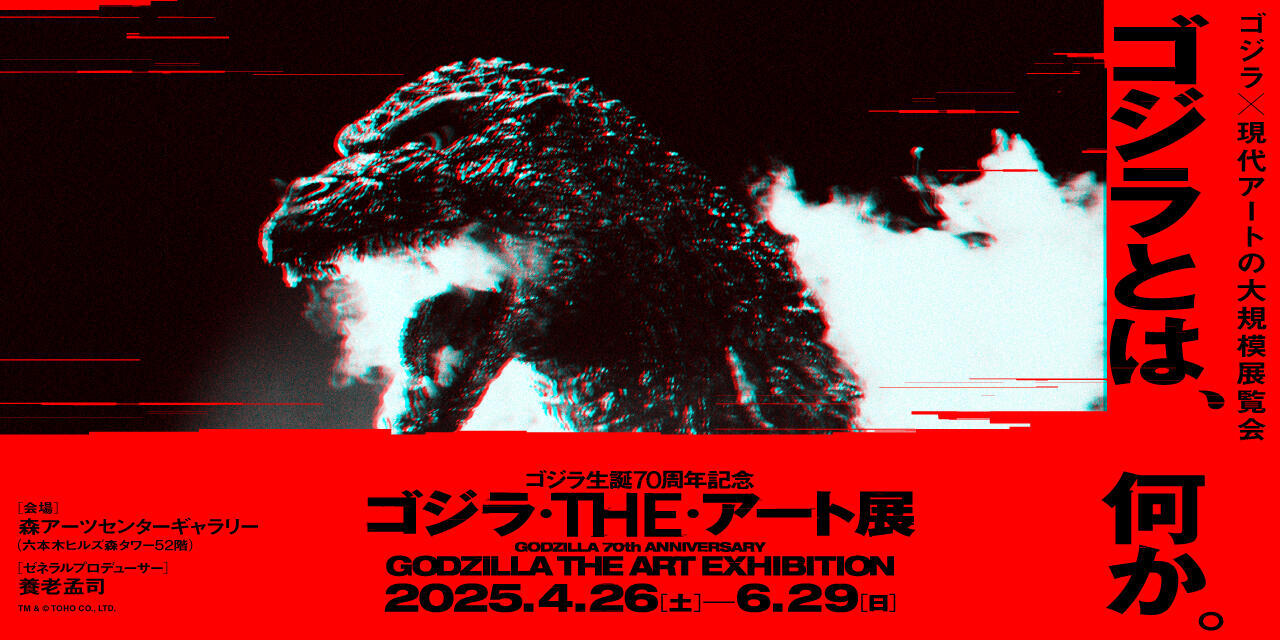Urgent Talk 023:
Locating 1960s Japanese Art in World Art History: Through the Lens of "International Contemporaneity"
Conducted in Japanese
Japanese postwar art movements such as Gutai and Mono-ha have come back into focus, attracting a high level of interest around the world. This interest makes us further consider and explore the position of Japanese contemporary art in the 1960s within a larger global context. Being “international” is also one of the principles of Mori Art Museum. For "Urgent Talk 023," we welcome renowned New York based art historian, Tomii Reiko, who will be addressing this topic with her keyword “international contemporaneity.”
Statement from Speaker
“International contemporaneity” (kokusaiteki dōjisei) is a concept found in the critical discourse of 1960s Japan. Used by the art critics Miyakawa Atsuishi and Haryu Ichiro, the word is informed by a sense of belatedness that long plagued Japan located on the periphery and looking toward the center. However, international contemporaneity as a geohistorical concept is key to constructing world art history of postwar art, in which 1960s Japan prominently figures with such contributions as Gutai, Anti-Art, and Non-Art (Mono-ha and conceptualism).
- Date & Time
- 19:00-20:30, June 10 [Tue], 2014 (Doors Open: 18:30)
- Speaker
- Tomii Reiko (Independent art historian, co-founder of PoNJA-GenKon)
- Tomii Reiko
- Independent art historian, co-founder of PoNJA-GenKon. Dr. Tomii Reiko is an Independent art historian who investigates post-1945 Japanese art in global and local contexts. Her research topic encompasses “international contemporaneity,” collectivism, and conceptualism in 1960s art, as demonstrated by her contribution to “Global Conceptualism” (Queens Museum of Art, 1999), “Century City” (Tate Modern, 2001), and “Art, Anti-Art, Non-Art” (Getty Research Institute, 2007). She has worked closely with numerous artists including Kusama Yayoi, Xu Bing, and Ushio Shinohara. She is currently writing a book-length manuscript, Radicalism in the Wilderness: International Contemporaneity and 1960s Art in Japan, to be published by MIT Press. She is a co-founder of PoNJA-GenKon.






